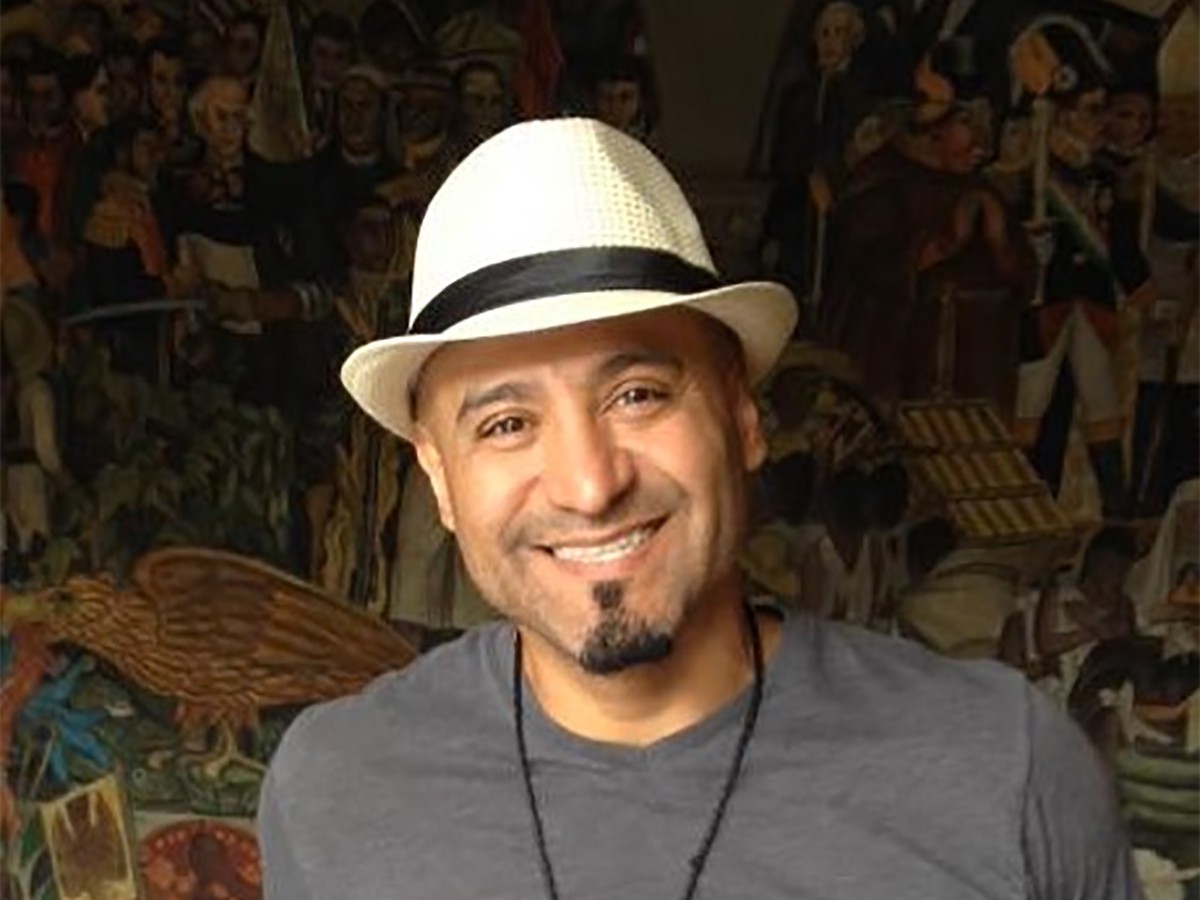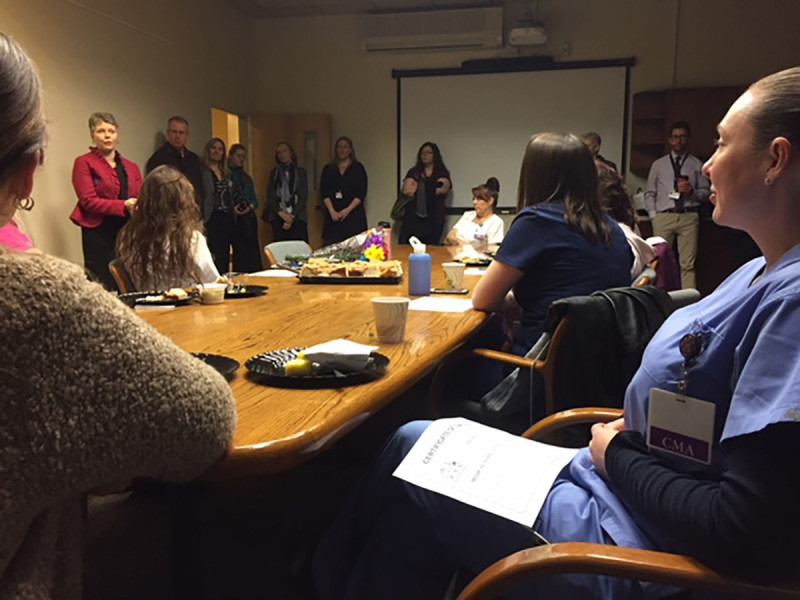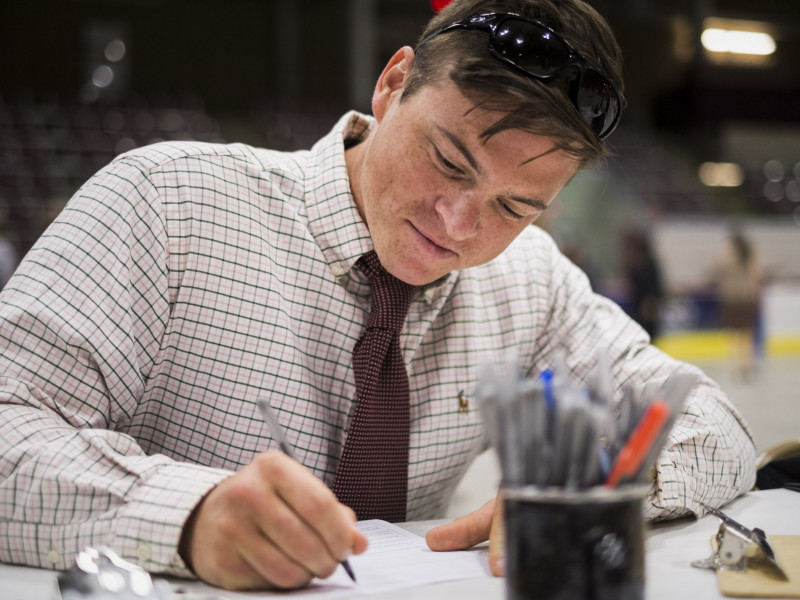
“What does it mean to be an American?”
Juan-Joel Tovanche wants to structure his upcoming African American Struggle for Equality class around this question. “And ideas of inclusion,” he said. “What I want people to understand is that a lot of the history has been hidden for a very very long time…One of the things I always tell my students is that we have to look of course at the struggles of communities of people. We also have to look at the successes of communities of people and how they have contributed to the founding of the nation and its progress.”
Tovanche, who teaches history at Tarrant County College in Fort Worth, Texas, will teach the first offering of the new CCV course online this summer. A special topics course that explores the history of racism in the U.S., the class will study Reconstruction, “Jim Crow,” the Civil Rights Movement, and Black Lives Matter.
Tovanche was born in Mexico and immigrated to the U.S. when he was a baby. He grew up in Cleveland, Ohio, for all but the two years he spent back in Mexico after his family was deported. The family returned to Ohio legally when Juan-Joel was eight. “I grew up very poor…we didn’t go to the best schools. I grew up with a lot of challenges.”
Though they themselves didn’t finish high school, Tovanche’s parents always encouraged education. “My mom went to first grade, my dad went to fourth grade. My mom had to start working by the time she was eight or nine years old; she was working in the fields. My dad stopped going in fourth grade because he didn’t have shoes. Despite that, my parents always pushed education on us… They had two rules, and those rules were go to school and listen to your teachers.”
He also had older siblings who led the way. “I was very very lucky,” he said. “I had sort of this protective bubble of family telling me ‘this is the path.’”
Though school wasn’t always easy—upon starting out in high school, the vice principal took one look at him and deemed him far from college-bound—Tovanche went on to earn both a bachelor’s and a master’s degree in history. He graduated from law school in 2008, knowing he wanted to teach rather than practice law, and so he made the move from Ohio to Texas to teach history at a community college. He eventually earned his Master of Laws degree, and he now teaches U.S. history, U.S. government, Texas government, Mexican American history, and more.
Tovanche makes it a practice to share his personal experience with students. “I always find ways to impart this information to students in my classes when I talk about history. I use what historians call a bottom-up perspective: I teach from the common folk, so I talk about poor folk of all colors; I talk about women and people of color; the working classes; immigrants…And so I sort of embody a lot of that…I think it’s important [students] see somebody like that in front of the class, and all students, whether they come from that background or not, need to see certain kinds of people and of course it also allows me to tell students, ‘look, there are obstacles out there but it doesn’t mean you cannot overcome.’” And, he added, “I will never do to them what [my high school vice principal] did to me.”
Tovanche loves teaching. “I’ve always been curious, always wanted to know more. Every semester I learn something new when I teach. Every semester a student says something, even after all these years of my teaching, a student says something that makes me say even out loud ‘I never thought of it like that.’”
His students make a big impression on him, and he makes a big impression on his students.
He says part of what motivates him is when students tell him, “ ‘I’ve changed because of what I’ve learned. I’ve changed in how I see things.’ I had a student who came up to me after class, after the semester was over, and said, ‘I tore down all my confederate flags.’ And he said ‘[an ancestor] fought on the southern side, and I don’t know what to do with that anymore.’ I’m getting chills right now just remembering it.”
“The study of history helps us dispel lots of mythologies about who we are,” he said. “We have to understand what struggles we’ve overcome and how we’ve done things better than we used to in order to fully appreciate who we are…Studying history helps us understand the present.”
Phil Crossman is a coordinator of teaching and learning at CCV, and a member of the committee that designed the course and hired Tovanche. He said Tovanche’s résumé stood out not only because of his many years of experience, but “he also brought with him the sort of multicultural teaching experience that is difficult to acquire in a Vermont context.”
Crossman noted that the course is a timely addition to CCV’s history offerings. “The world as we know it requires informed and compassionate responses to the diverse populations that live and work in Vermont neighborhoods. Whether a student goes on to work in healthcare, human services, criminal justice, early childhood education, or business, an informed intelligence with respect to issues of social justice will make them better employees, better citizens, and better people.”
The African American Struggle for Equality begins May 25. Visit ccv.edu/register to register today. New to CCV? Fill out our free application to get started.



